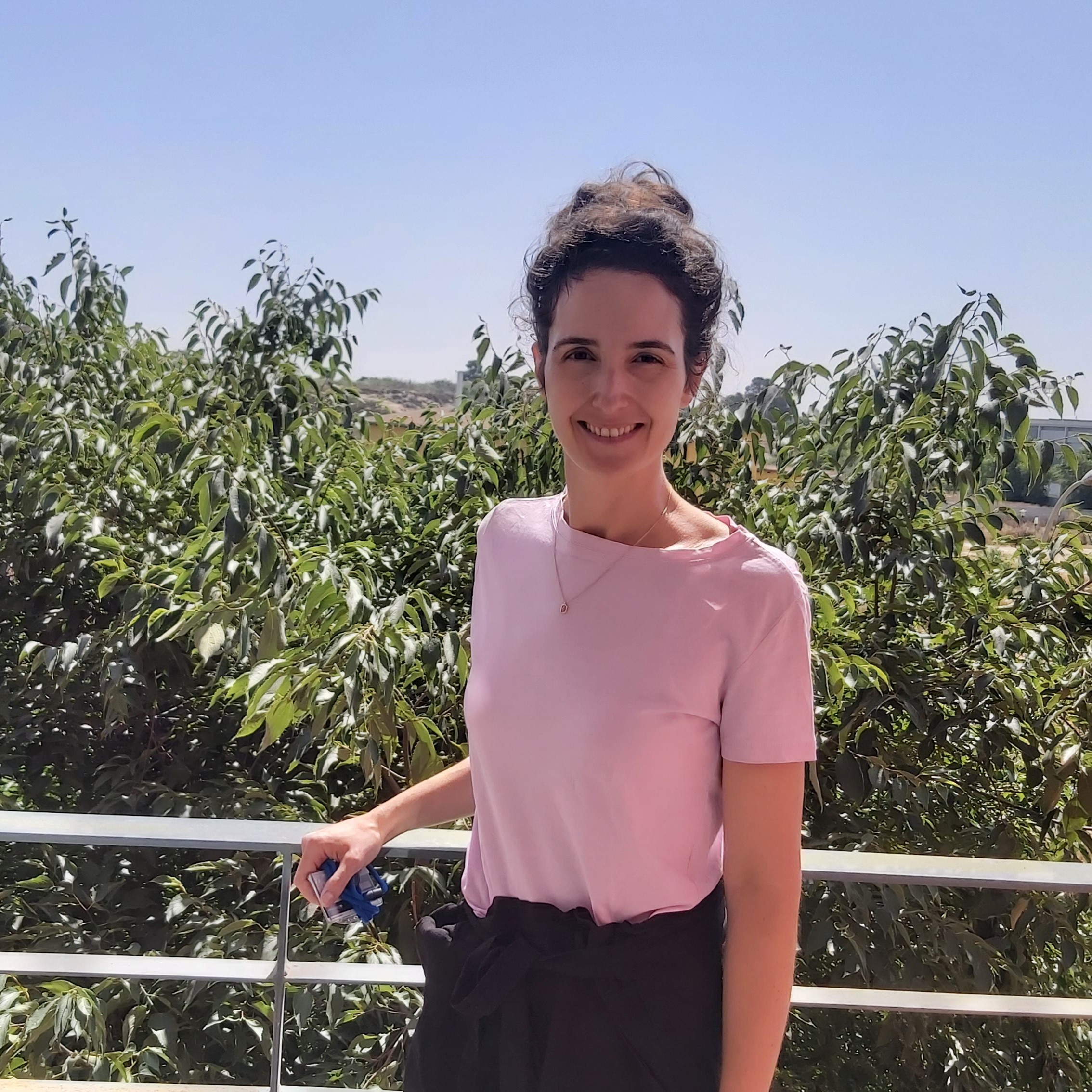What led you to pursue a career in research?
I have been curious since I was very young, I always wanted to understand how and why things work. Back then, I did not even know that research could be a profession. My first real contact with research came during my undergraduate thesis, and later with my Master’s thesis. That is when I truly confirmed that what excites me most is tackling new challenges, seeking answers, and understanding the why behind things. Then, I had the opportunity to do a PhD, which only deepened my passion for research. I am motivated by knowing that my work can contribute to developing solutions for some of the most pressing challenges we face as a society.
What are your main lines of work?
My research focuses on laboratory-scale studies of the combustion of compounds proposed as biofuels for transportation, with the aim of reducing pollutant emissions. The main goal is to understand the combustion process in depth, identifying the key chemical pathways responsible for fuel consumption and product formation, including pollutants. This knowledge is crucial for the development of cleaner, more efficient combustion systems that reduce the environmental impact of transportation and support the transition to more sustainable energy sources.
Is there a project you are particularly proud of because of its impact?
If I had to highlight one, it would be the Marie Skłodowska-Curie European project, which I am currently working on. We are studying a sustainable aviation fuel, a highly relevant topic due to European Commission policies requiring the use of sustainable aviation fuels at EU airports.
I am especially proud of this project because it contributes to the knowledge needed to transition toward more sustainable air travel—a sector facing major challenges in reducing its environmental footprint.
How do you see the future of your field? What trends or challenges would you highlight?
I believe the research into the combustion of new biofuels has a very promising future, especially given the urgent need to find cleaner and more sustainable ways to move around. One major challenge is producing biofuels that are compatible with current engines without requiring significant modifications, which would enable faster and more effective adoption. At the same time, it is essential to study the chemical processes that occur during combustion in detail so we can design even more efficient and less polluting engines in the future.
What has receiving support through the Marie Skłodowska-Curie program meant for you?
It has been a fantastic opportunity. It gives me the tools and support I need to move forward with my research. Thanks to this program, I can work on a highly relevant project and help develop solutions for more sustainable transportation while continuing to grow professionally. I am excited to think that this project will be the beginning of a series of research efforts that will boost my career and contribute meaningfully to this field.
What do you enjoy most about your profession?
What I enjoy most is being able to ask questions, design experiments to find answers, and maintain that constant curiosity to discover something new. I am passionate about the fact that my work can generate knowledge that did not exist before and that may be useful to others. Every step in research, even the ones that do not go as expected, is an opportunity to learn and grow.
What would you say to someone considering a career in research?
I would tell them that research is incredibly rewarding, but it also requires perseverance, patience, and the ability to overcome obstacles. Not all experiments turn out well the first time; they often have to be repeated and details adjusted until reliable results are obtained. You also have to invest time and effort into securing funding for your ideas, and it does not always come through on the first attempt.
Even so, if you are truly passionate about asking questions, understanding how things work, and contributing to solving the problems our society faces, research is an incredibly fulfilling path. Every small breakthrough, every discovery, makes all the effort worthwhile. Knowing that you are contributing to collective knowledge and the common good is one of the greatest rewards this profession can offer.
Up close…
What did you studied: Chemical Engineering.
A dream to fulfil: To live in the same country as my brothers, nieces and nephews. I would love to be closer to them in everyday life, share more moments, and watch our family grow together.
What she does in her free time: I enjoy quality time with my children and husband. I also take the chance to exercise—it helps me unwind and recharge.
A book: The Little Prince.
A movie or series: Anything that makes me laugh.
Favourite musician: Tiziano Ferro.
A trip: A Caribbean cruise.
How she defines herself: Optimistic, perseverant, a bit of a perfectionist, determined, active, and reserved.
